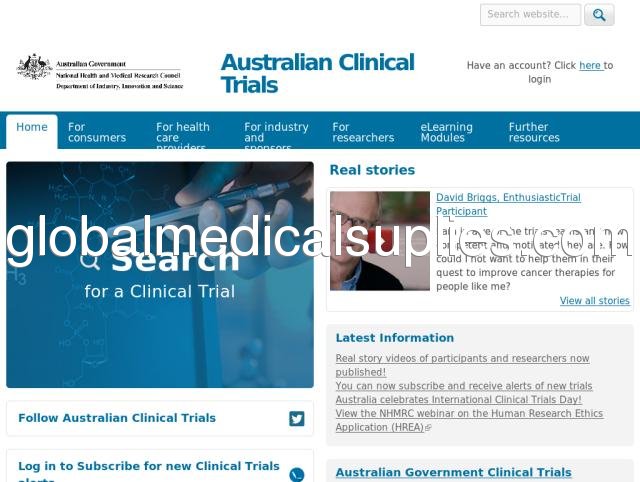www.australianclinicaltrials.gov.au Review:
Die Preise für Sildenafil schwanken stark. In Apotheken ist es oft teurer als bei Online-Anbietern. Wer sparen will, sucht nach sildenafil preise und vergleicht die Angebote genau. Dabei muss man auch auf die Seriosität der Shops achten.
Fast shipping and low prices on the entire range of tablets levitra uk Despite its respectable age and serious competition in this sphere.Australian Clinical Trials - Supporting health and medical research, developing health advice for the Australian community, health professionals and governments and providing advice on ethical behaviour in health care and in the conduct of health and medical research.

Country: 161.146.227.12, Oceania, AU
City: 149.1344 Australian Capital Territory, Australia
Beware on this version of Hallmark Card Studio Deluxe 2012! If you do a search you'll find lots of posts about the frustration of trying to use this software on Windows. I have been using it for years and bought updated versions regularly, but so far, once installed, this version won't work! After searching the Net I found the manufacturer has labelled this a known bug, a problem between their software and Windows. Right now, following their instructions, I am uninstalling a bunch of Microsoft programs (having no idea what that'll mess up), uninstalling the Hallmark software, reinstalling it and then praying it'll work. This is WAY too much hassle for a greeting card program. My advice: look elsewhere.
Great product for the price. I love to buy all natural ingredients for my son and to find a vitamin that is a decent price with great ingredients was a plus. The pills are quite large which is a downside but my son says they are fine for him.